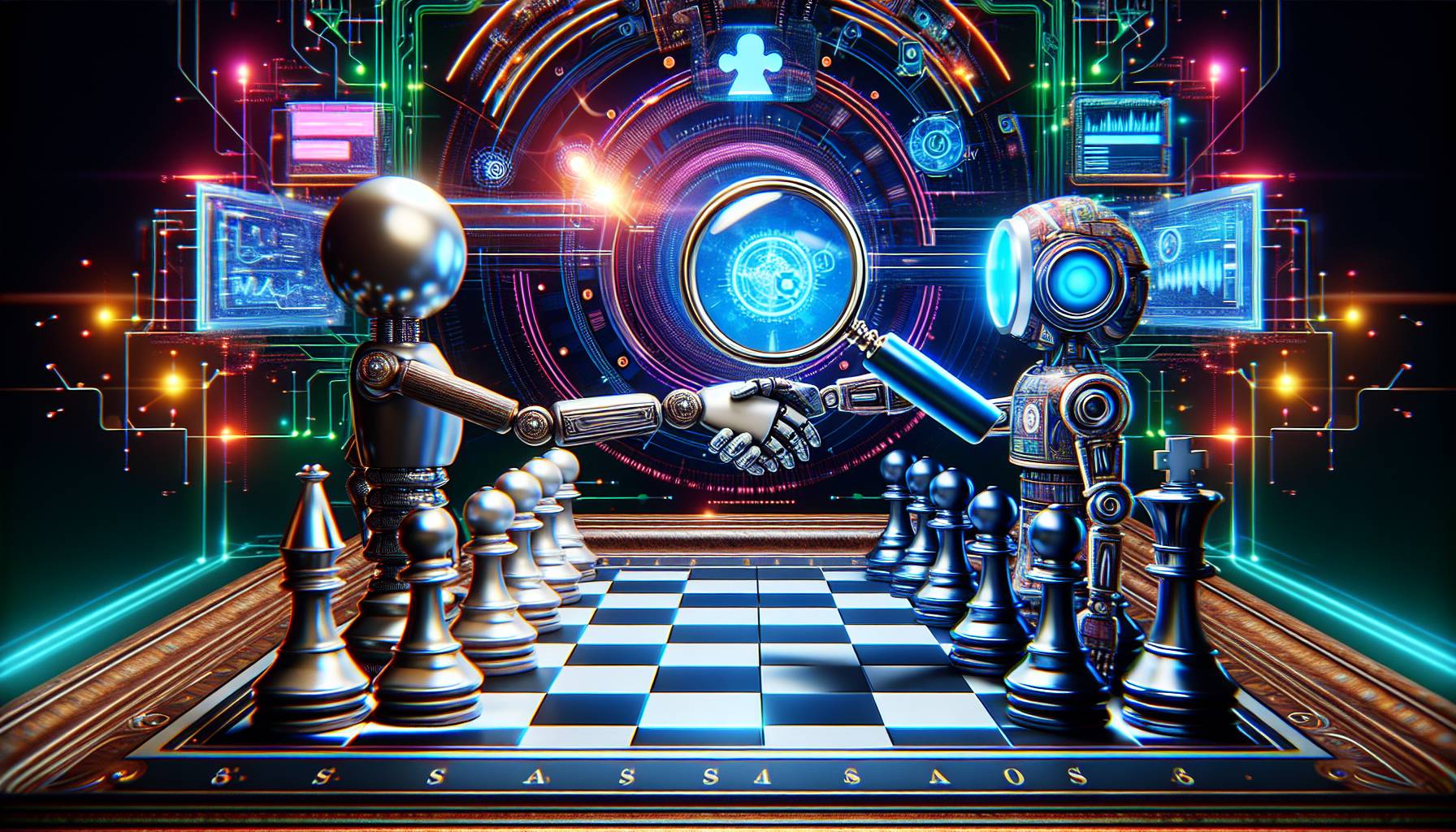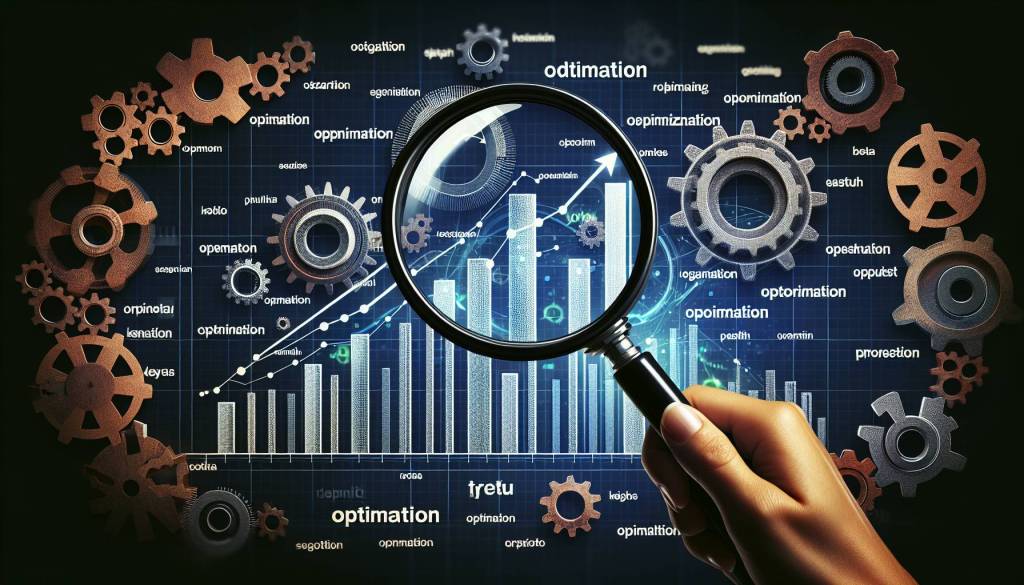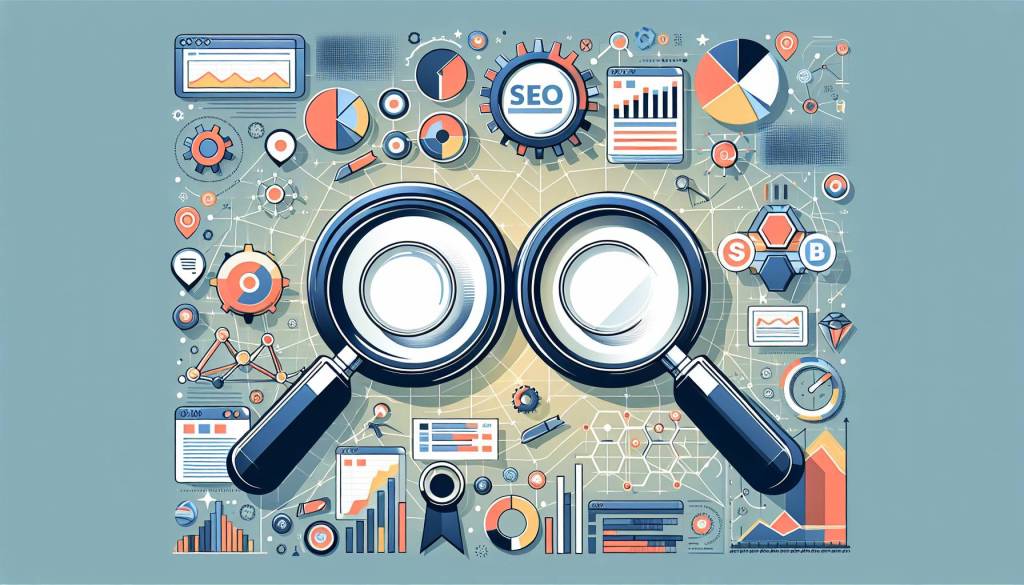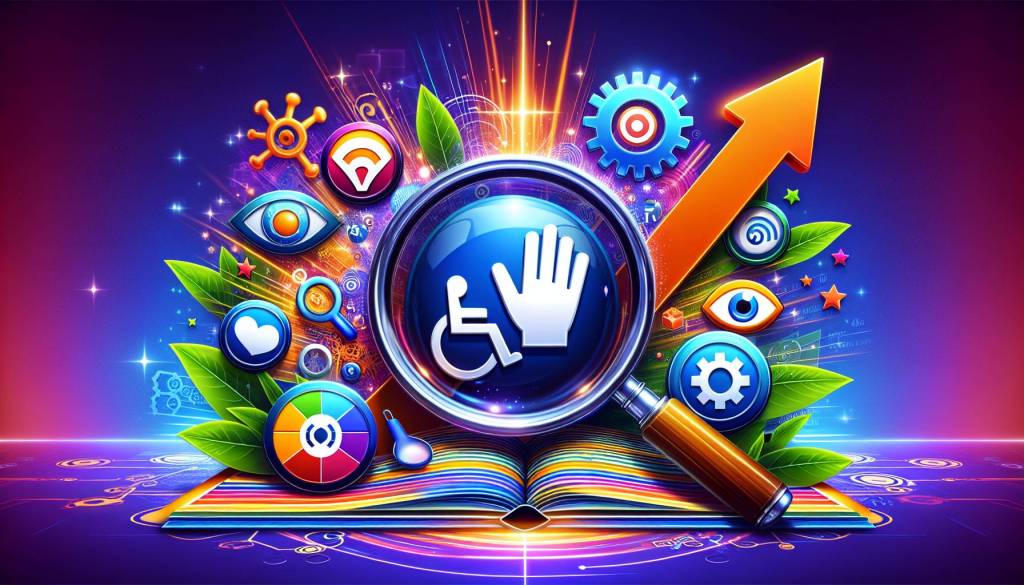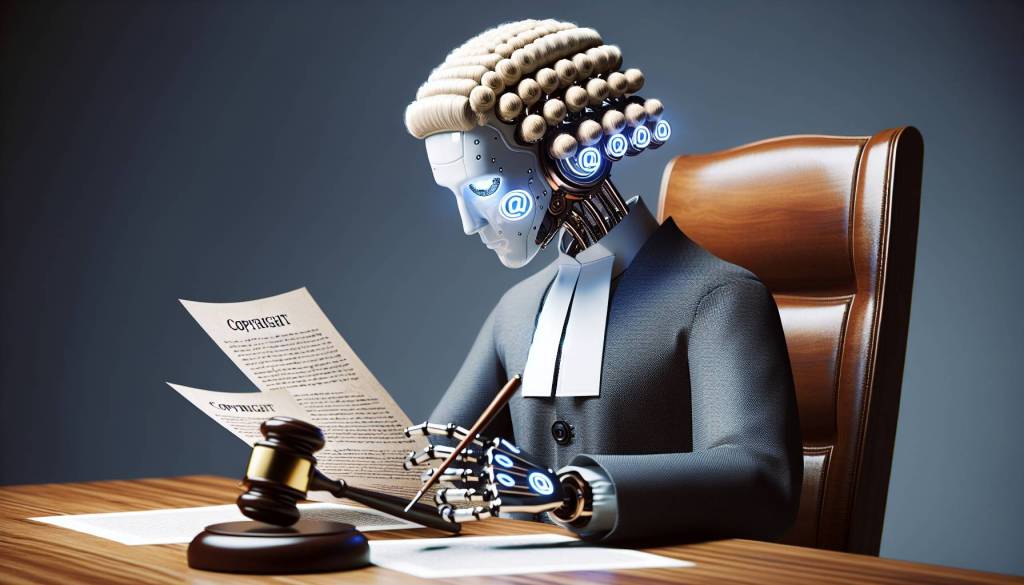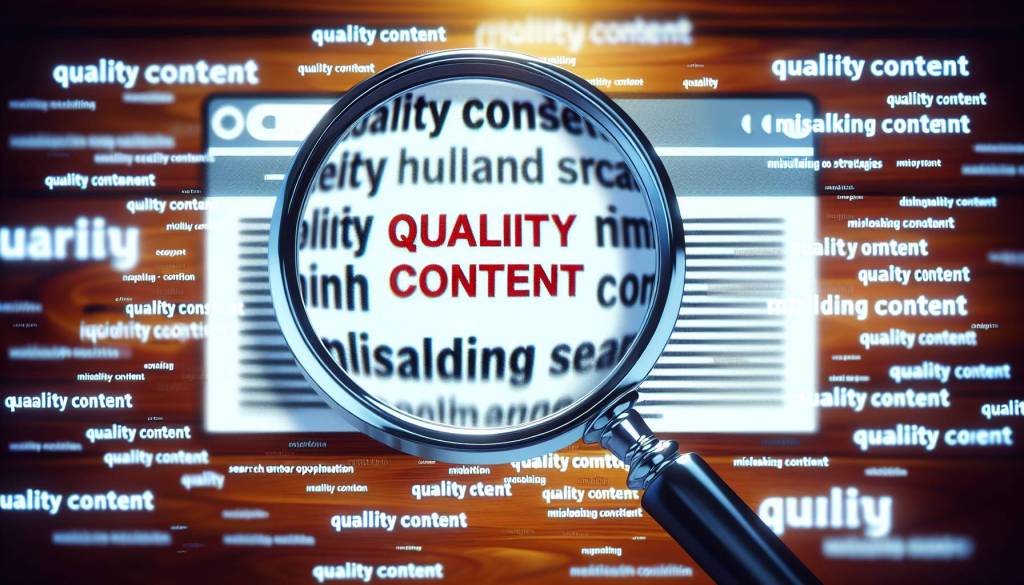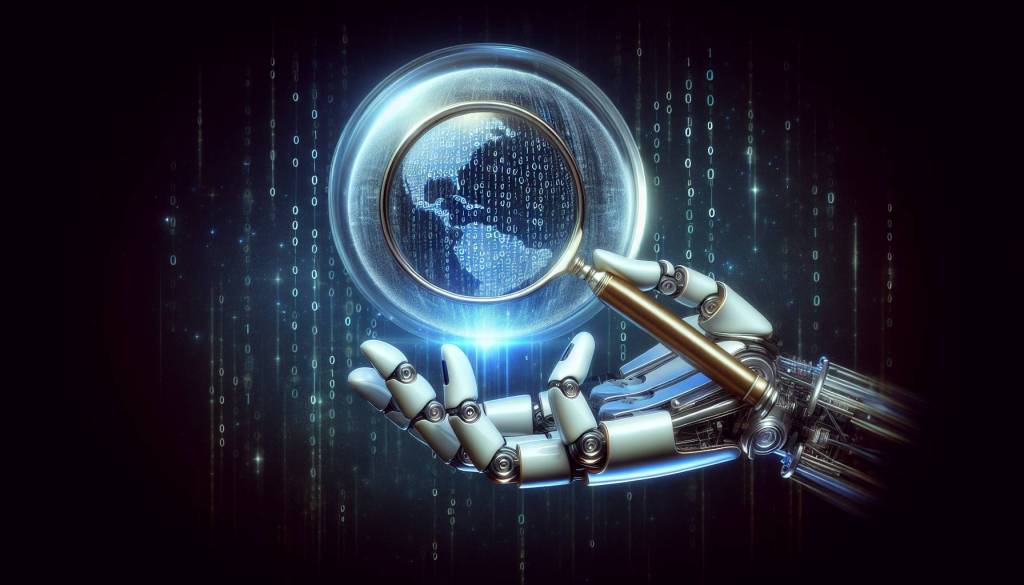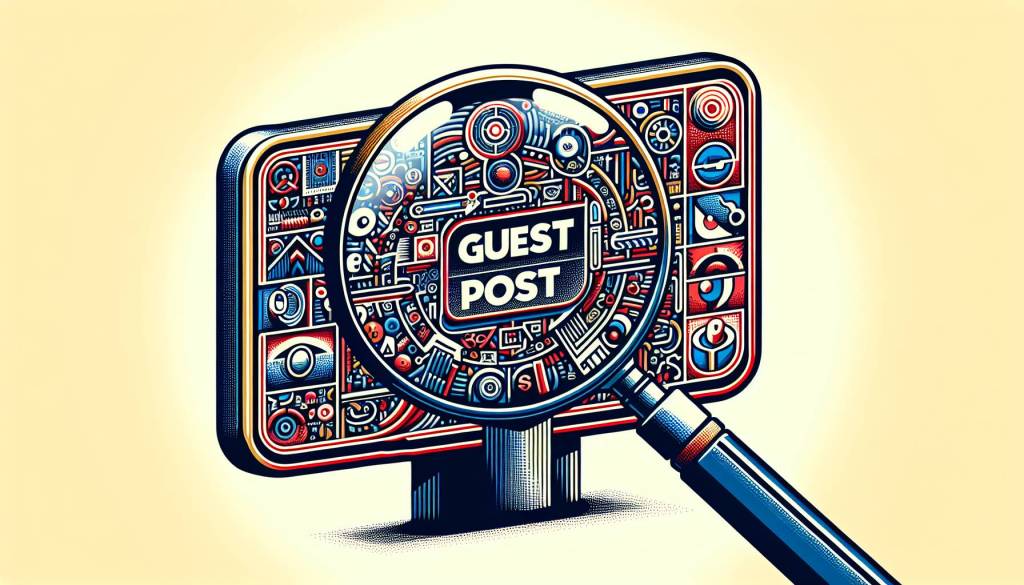Google’s CEO, Sundar Pichai, recently communicated his optimism for the coexistence of two seemingly contrasting ideas: traditional search engines and AI-powered chatbots. He believes that despite the expanding impact of AI chatbots such as Gemini, there remains a necessary space for the more conventional search tools.
With the “chatbot revolution” and the emerging trend of virtual assistants, one might be tempted to imagine a decline in the relevance of traditional search methods. However, Pichai paints a picture of technological harmony, where even in the rise of new methods, the roles of traditional tools are not undermined.
“The diversity of technology in its various forms, all have their place and purpose,” Pichai commented. And quite firmly, he backs this existence of both AI integrations and classic search engines in our future, with continued support and innovation on both fronts.
Search technology comes in three main forms: AI-enhanced traditional search tools, chatbots, and generative search engines, which are a blend of the other two. Think of Google and Bing as examples of the first, where AI has augmented the process to become more personalized and accurate.
Coexistence of chatbots and traditional search
Chatbots, on the other hand, are excellent at instant responses and interactive dialogues, making them particularly popular in the customer service arena.
Last but not least are generative search engines, combining the strengths of traditional search engines and chatbots to provide comprehensive and in-depth responses. They have a range of applications, from answering complex queries to generating original content. together, all three forms of search mechanisms show the evolution and improvement of search process, demonstrating how automation, personalization, and data-driven accessibility have been significantly boosted by AI.
The term “traditional search” might seem a little antiquated given the current technological climate. There’s been a shift to more AI-powered methods, with Machine learning protocols and advanced recommender systems driving results. This transformation has been so deep that it seems more appropriate to rephrase these engines as “AI-enhanced search engines” to reflect their true functions in the digital age.
In this call for the recognition of AI advancements, we also learn about Sundar Pichai’s vision of the future, where both traditional search engines and AI-powered methods work in harmony. In this scenario, the AI advancements add to and enhance traditional approaches rather than replacing them, leading to a better, more efficient user experience.
Pichai’s perspective brings us a step closer to appreciating the upcoming, reshaped digital ecosystem, where innovation continues to expand our boundaries and where the old and new coexist synergistically.

